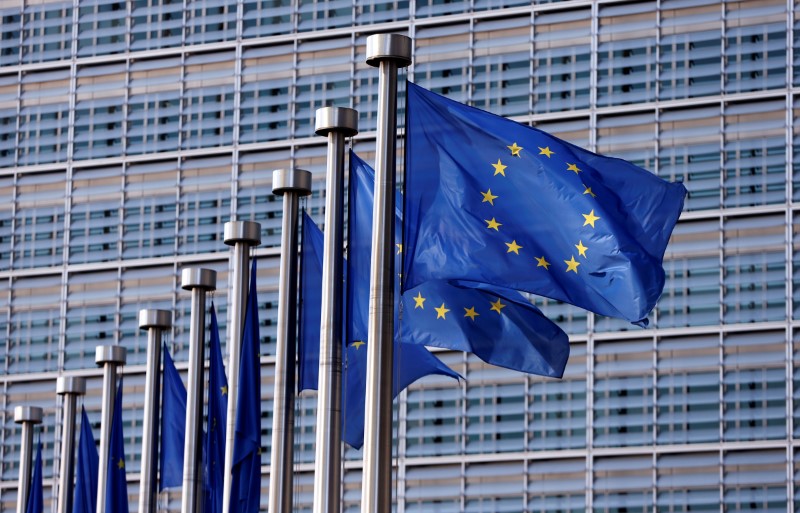After Saturday’s elections, pro-EU influence in Iceland’s parliament is significantly reduced

“There are plenty of tasks on the agenda of Icelandic politics and no need to add this one to that list,“ said Lilja Alfreðsdóttir, vice-chairman and MP of the Progressive Party and former Foreign Minister of Iceland, to the national broadcaster RÚV yesterday asked if her party would support a referendum on whether to re-apply for membership of the European Union.
Following the general elections on Saturday, which saw eight parties getting representatives elected to the Icelandic parliament, informal talks have taken place between the parties on possible formal coalition talks. The Progressive Party is considered by many political analysts as a key to most or all possible outcomes, whether involving left or right parties.
[Iceland’s next government: Right, Left, or Right-to-Left?]
Before the election three parties represented in the parliament out of seven were in favor of Iceland joining the EU with a combined number of 14 MPs; the Social Democratic Alliance, the Restoration Party and Bright Future. But the elections on Saturday saw Bright Future losing all of its four MPs and the Restoration Party losing three of their previous seven.
While the Social Democratic Alliance increased its number of MPs from three to seven that did not make up for the losses of the other two parties. Furthermore the SDA’s increase is far from what the party enjoyed from 1999 to 2009 when its share of lawmakers ranged between 17-20. The results now are the social democrats’ second worst to date. The elections resulted in pro-EU MPs being reduced from 14 to 11 out of the total number of 63.
Even if the Pirate Party, which does not have a formal policy on whether Iceland should join the EU or not but favours a referendum on whether to reapply for membership as with other major issues, is added to the list of pro-EU parties the picture only becomes less favourable. With the Pirate Party MPs in favour of a EU referendum were reduced from 24 to 17.
Meanwhile the majority of the political parties represented in the parliament following Saturday’s general elections oppose EU membership or five out of eight; the Independence Party, the Left Green Movement, the Progressive Party, the Centre Party and the People’s Party. Combined the five parties have 46 MPs or more than 73 percent of the voting power.
During the radio interview Alfreðsdóttir said the outcome of the elections did not suggest the Icelandic people wanted the EU issue to be put on the agenda. On the contrary. What people wanted was for politicians to find a way to work together and resolve urgent challenges such as in the health care and education sectors as well as in the transport system.
[Fresh poll confirms Iceland’s long-standing opposition to EU membership]
The former Foreign Minister said the leftist government in power from 2009-2013, which delivered an EU application that was then suspended few years later, was an example of how the issue should not be handled referring to the fact that the government in question was divided on the issue with one party favouring EU membership and the other opposed.
Public opinion polls on EU membership support Alfreðsdóttir’s assumption as every poll on the matter since 2009 has had a solid majority against joining the bloc. The most recent one produced by Gallup and published in September had 59.8 percent against EU membership. The poll also suggested the majority of Icelanders were opposed to fresh EU accession talks.